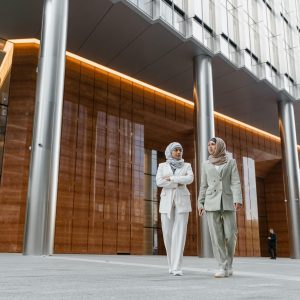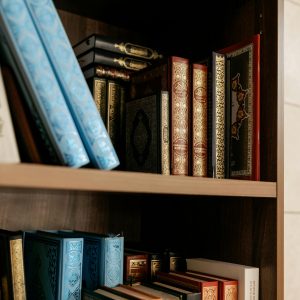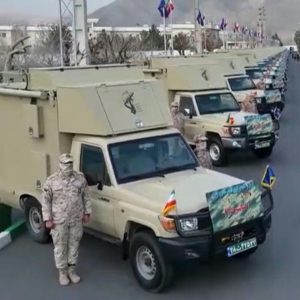Lebanon independents celebrate: ‘change has begun’
Kfeir, Lebanon – AFP: Firas Hamdan, activist-turned-lawmaker- is one of 13 independent politicians who emerged from a mass anti-government protest movement in 2019, and made it to parliament on a reformist platform in the recent elections.
The 35-year-old lawyer and another independent- Elias Jarade- both won seats from allies of the powerful Iran-backed Shiite group Hezbollah in one of its south Lebanon strongholds — a first in three decades.
It was a breakthrough in the very first election since the country was plunged into a deep economic crisis that has stoked popular fury with the hereditary and graft-tainted ruling class.
“To those who protested and clashed with authorities, those who were beaten by security forces, I say: ‘Today one of those victims is in parliament’,” Hamdan said.
Speaking at his family home in the village of Kfeir, he vowed to fight for the rights of ordinary Lebanese who have been left behind.
Hamdan was hit in the chest by a lead pellet in 2020 during a demonstration near parliament, days after a deadly explosion struck Beirut’s port.
At the time, rights groups said security forces and men dressed in civilian clothing fired rubber-tipped bullets and tear gas canisters into the crowd.
Youths aspiring for change in Lebanon have rejoiced at the victories of Hamdan and Jarade.
Hamdan won against unpopular banker Marwan Kheireddine, while Jarade nabbed a seat held since 1992 by pro-Syrian regime politician Assaad Hardan.
In 2019 Hamdan was among hundreds of thousands of Lebanese who protested against the entrenched ruling class, widely blamed for the country’s economic collapse.
“We fought against an alliance of banks and the political class… to show there is an opposition in the south, to break the political hegemony imposed on us, and we succeeded,” he said.
A dashing young man and an eloquent speaker, Hamdan hopes he will be able to pave the way for a new style of politics in Lebanon.
But the road ahead is strewn with difficulties in a country where the system favours sectarian allegiances and power is often inherited.
“We want to build a nation where there is rule of law… to restore people’s confidence in the country so that it does not remain a place of death and migration,” he said.
An economic meltdown has pushed many middle-class Lebanese to emigrate in search of a better future.
Some of Lebanon’s most disadvantaged people have tried to reach Europe on rickety boats — a treacherous and often deadly route.
A Harvard university graduate with a passion for farming, Elias Jarade is well-liked in his community because he is seen as humble.
When he is not working the land and raising poultry and fish in his farm, the surgeon spends time tending to patients between Lebanon and Dubai.
“Many people asked me: ‘You’re a famous doctor and an honest man, what are you doing?’ as if decent professionals had no place in politics.”
The soft-spoken surgeon said he hoped to break that stereotype.
In a country rife with nepotism and corruption, he said “officials should make a decent living from their hard work.”
The father-of-two intends to pursue his political career with the same passion he has for farming and medicine.
“We are a dynamic movement, we are a revolution… We tell everyone: ‘liberate yourselves’,” he said.
Jarade said he is aware that he will face challenges.
“We may not be a life raft, but we will create a glimmer of hope for the future… to build the Lebanon that we dream of.”










